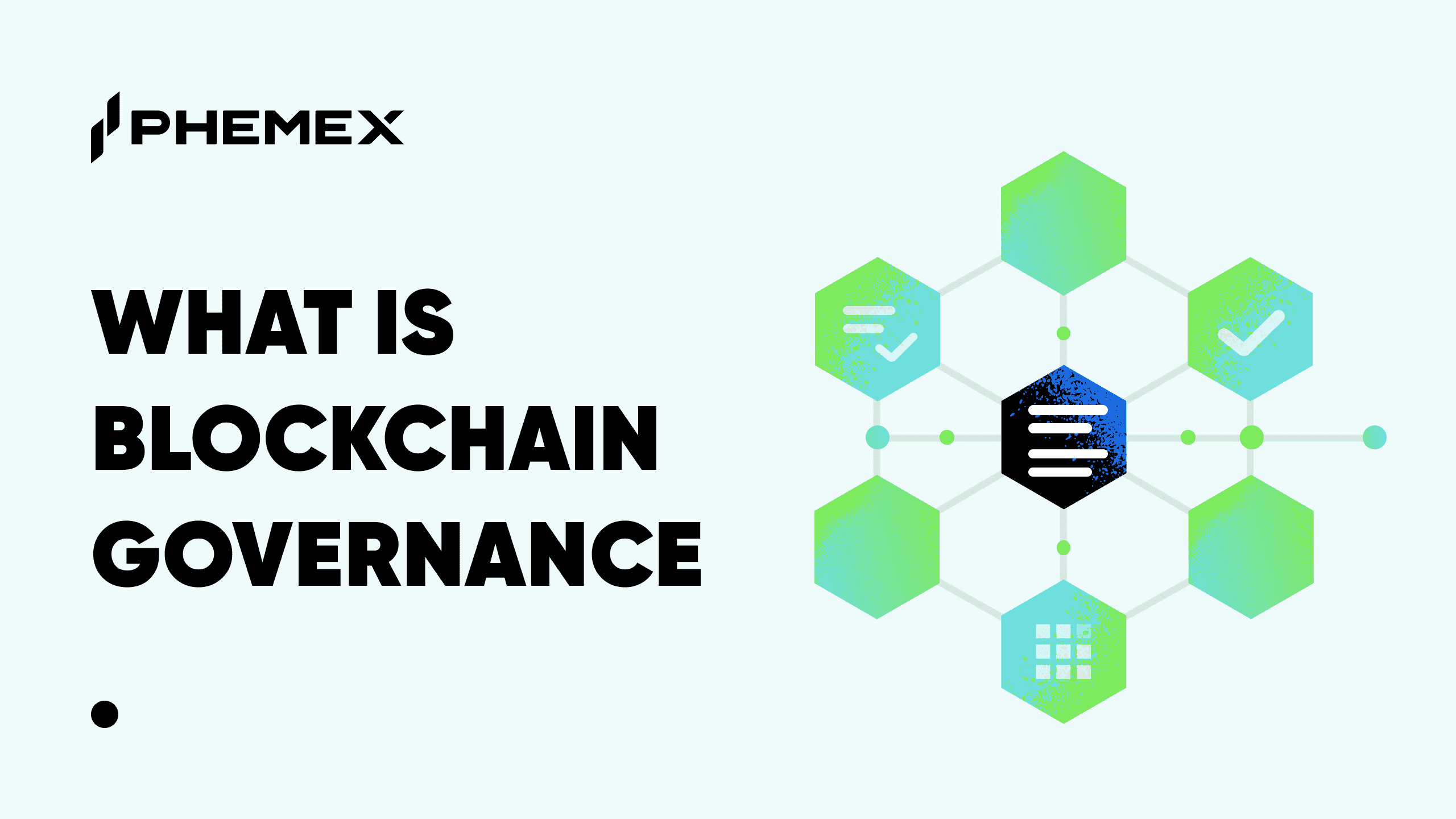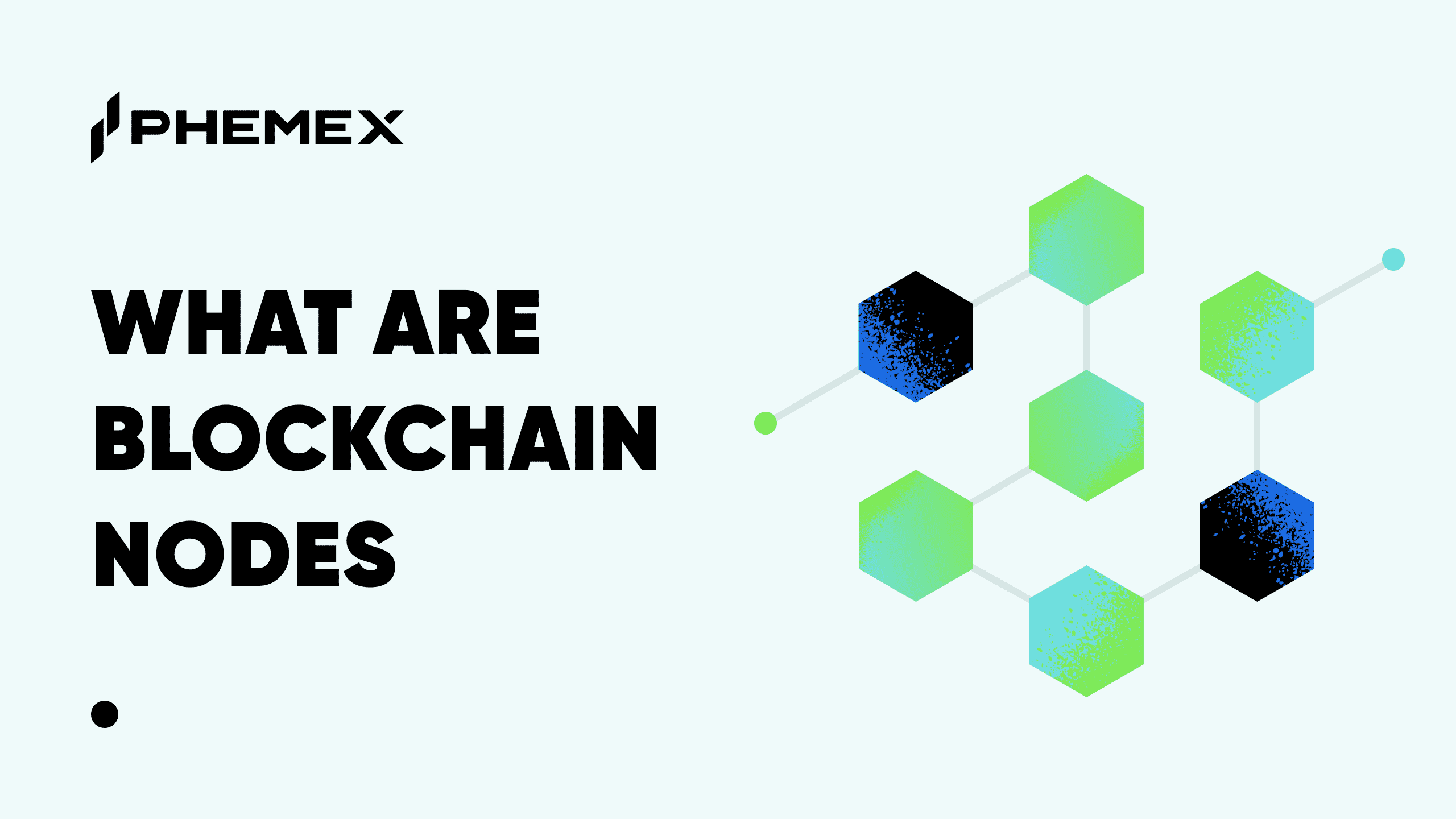Why Should We Use Decentralized Social Media Networks?
People worldwide saw a prime example of how centralized systems can fail in Facebook (and its services), which went down for several hours on October 4, 2021. In a statement the next day, Facebook explained that the outage was due to a server configuration change that led to a disruption in communication between data centers. The disruption of the communication between the data centers resulted in the temporary disappearance of Facebook from the internet. During the downtime, millions were cut off from online communication with their friends, families, and others, especially in countries like India, where people regard Facebook as the internet.
However, it didn’t stop at just Facebook, as people worldwide also lost access to Instagram, WhatsApp, and Messenger.

Since Facebook keeps data from its services on these data centers, it creates a highly centralized system with a single point of failure. Believers of blockchain technology and decentralized networks took advantage of this incident to create awareness for decentralized social media networks.
What Are Decentralized Social Media Networks?
Decentralized social media networks are social media platforms that run on distributed ledger technologies (DLTs). Examples of DLTs include the blockchains used by Bitcoin (BTC) and Ethereum (ETH) or the directed acyclic graphs (DAGs) used by IOTA (IOTA) and Nano (NANO). Due to the inherent nature of DLTs, information stored on blockchain or DAGs becomes immutable and must adhere to the rules of the network. Moreover, DLTs integrate decentralized protocols in the networks, eliminating the need for a central authority to oversee and protect the networks from manipulation.

Decentralized social media networks also work differently compared to their centralized counterparts. Centralized social networks consist of standalone websites where users can only interact with other users on the same website. For example, users on Reddit can only send or receive messages from other Reddit users and cannot directly interact with Twitter users.
In contrast, a decentralized social network is a collection of interconnected communities (also called a “fediverse”) where each community owns an instance of the code. Each community can also have its own set of rules, with some communities choosing to open membership registration to the public while others operate more privately. On decentralized social media networks, users can communicate with other users in any community, provided they choose to be public.
What Are the Advantages of Decentralized Social Media Networks?
There are many advantages to using decentralized social media networks. These networks typically do not sell user data, are usually censorship-resistant, and allow users to monetize and earn cryptocurrencies and participate in governance. The details of these advantages are as follows:
- Censorship resistance: Users on decentralized social media networks are mostly free to post or discuss anything, and the network’s team cannot remove the content. On centralized social media networks, the tech giants can easily remove users’ posts and suspend or even delete the accounts of users. For example, Twitter has deleted tweets on behalf of the Indian government to censor people that were critical of how the government handled the COVID-19 pandemic. However, users should keep in mind that each community has its own set of rules. Moderators and administrators of each community have the right to choose whether to store a particular type of content or not. If users violate such rules, the moderators and administrators will ban or hide the posts from such users. Nonetheless, such posts are not removed, and other communities (that did not ban the user or the particular community that posts came from) can still view them.
- Data privacy: On decentralized social media networks, users are in charge of their own data. As previously mentioned, there are no central authorities that oversee decentralized social media networks, meaning that there is no one party that owns the data. Instead, users have to choose the server or instance of the network (community) that they trust to host their data. Moreover, user data is encrypted on blockchains via cryptography and can only be decrypted with personal cryptographic keys. On centralized networks, companies own user data, and there have been instances where companies have sold that data to others. For example, Facebook sold user data to Cambridge Analytica, which was then used to build psychological profiles of users for political purposes.
- Token implementation and network governance: Some decentralized social media networks allow users to earn tokens through network participation or content monetization. For example, users can receive tokens from upvotes or likes on comments or posts. If these tokens have value on the cryptocurrency market, users can even sell them on secondary markets for fiat currency. Some networks may even have a marketplace similar to the Facebook Marketplace where users can sell products in exchange for cryptocurrency. Furthermore, some platforms implemented governance protocols that allow users to use these tokens as governance tokens and make decisions to improve user experience on the platforms. For example, users in a particular community can decide on the content that other users can upload. If someone or some community is full of racist content and that community’s moderators are complicit, another community can make a vote and block them.
What Are the Limitations of Decentralized Social Media Networks?
Despite the pros of decentralized social media networks, they still need a lot of work before entering the mainstream. They have some shortcomings that make them not as effective and user-friendly compared to their centralized counterparts. The details of these limitations are as follows:
- Lack of moderators: Similar to their centralized counterparts, decentralized social media networks also struggle with a lack of moderators. There are still users that will post false information or offensive content in different communities. The lack of moderators will result in these types of posts staying up for long periods of time and influencing unknowing readers.
- Immutability: Immutability is seen as an advantage, but it can be detrimental to society if used negatively. For example, malicious parties can spread hateful or criminal content amongst their communities. In centralized networks, companies can easily remove such content. However, in decentralized networks, these malicious parties leverage the immutability of the blockchain to keep their posts on the internet forever.
- Unappealing user interface: Many decentralized social media networks have user interfaces that are unappealing and not user-friendly compared to their centralized counterparts. Depending on the maturity of the network, users might find it more difficult to navigate the website and gain access to all the available functions.
- Less interesting content curation: Centralized networks like Facebook and Twitter have plenty of tools that help them analyze users’ interests and optimize the content on the feeds to be attention-grabbing, keeping users entertained. Decentralized social media networks typically do not curate content simultaneously, meaning the content may be less interesting or related to users’ interests.
- Difficulty in maintaining users: Decentralized social media networks have fewer users than centralized systems. They also struggle to preserve users due to the inherent nature of social media. Most people join and continue to use such networks because their friends and family are there rather than whetherthey believe in decentralization or not. Many users also lose interest in decentralized social media networks after some time as the novelty fades.

What Are Examples of Decentralized Social Media Networks?
There are a few decentralized alternatives to the most popular centralized social media platforms. These alternatives are as follows:
- Minds: Minds is an alternative to Facebook and Youtube. On the platform, users can post blogs, videos, images, and statuses as well as communicate with others. Users can earn tokens by participating on the platform and use the tokens to upgrade their channels or promote their content for further reach. Moreover, users can receive fiat or crypto from fans looking to support their favorite creators.
- Mastodon: Mastodonis an alternative to Twitter and works similarly to Reddit. It consists of many communities where users can choose to join anyone depending on their interests and beliefs. Users can create their own profiles, make posts, and submit images and videos. These contents are then shown on a timeline similar to Twitter. Each community has its own administrator that forms its own policies to moderate the community.
- Aether: Aether is another alternative to Reddit. It is a peer-to-peer social network, meaning that it is private by default. Moreover, Aether keeps six months of posts by default and deletes the rest. Users can also participate in community governance, where they can vote democratically to elect or impeach their moderators in their communities.
- Steemit: Steemit is a social media platform that rewards content creators with its native digital asset called STEEM for participating on the network. Steemit runs on the social blockchain, Steem, which also hosts various other decentralized applications such as DTube and Utopian. Users can earn STEEM by posting content, giving comments, and networking on the Steemit platform.

Conclusion
Decentralized social media networks are social networks that build their platforms with distributed ledger technologies such as the blockchain and direct acyclic graph. These social networks tend to be more censorship-resistant and privacy-friendly compared to their centralized counterparts. Some decentralized social media networks even reward users with cryptocurrencies for contributing to the platform. However, decentralized social media networks are still lacking compared to their centralized counterparts in terms of moderators, users, and content. Therefore, it will take some time for these decentralized platforms to mature and reach the heights of their centralized counterparts. Nonetheless, a few notable decentralized platforms, such as Minds, Mastodon, Aether, and Steemit, are decent alternatives to Facebook, Twitter, Reddit, and other centralized platforms.
Read More
- What Are Decentralized Applications (dapps)?
- What Is Decentralized Identity? Claiming the Rights to Your ID
- What Is a Centralized Exchange and Should You Use One?
- What is The Metaverse: A Virtual Future to Embrace or Fear?
- DeFi vs. CeFi: Understand The Differences
- What Is A Decentralized Exchange (DEX) in Crypto?
- What is Cryptocurrency & How It Differs From Digital Cash
- What is Social Trading in Crypto & How does it Work?









